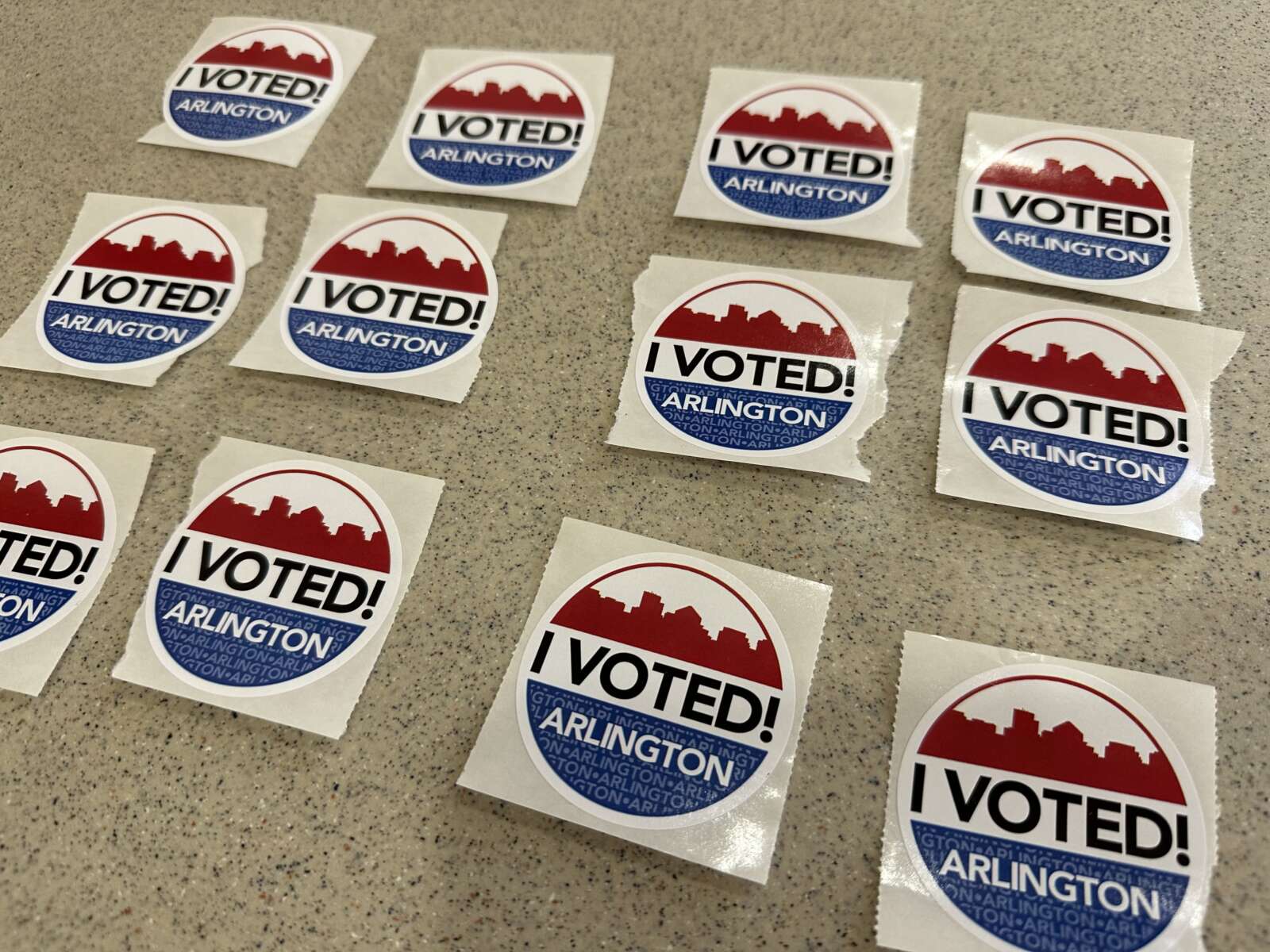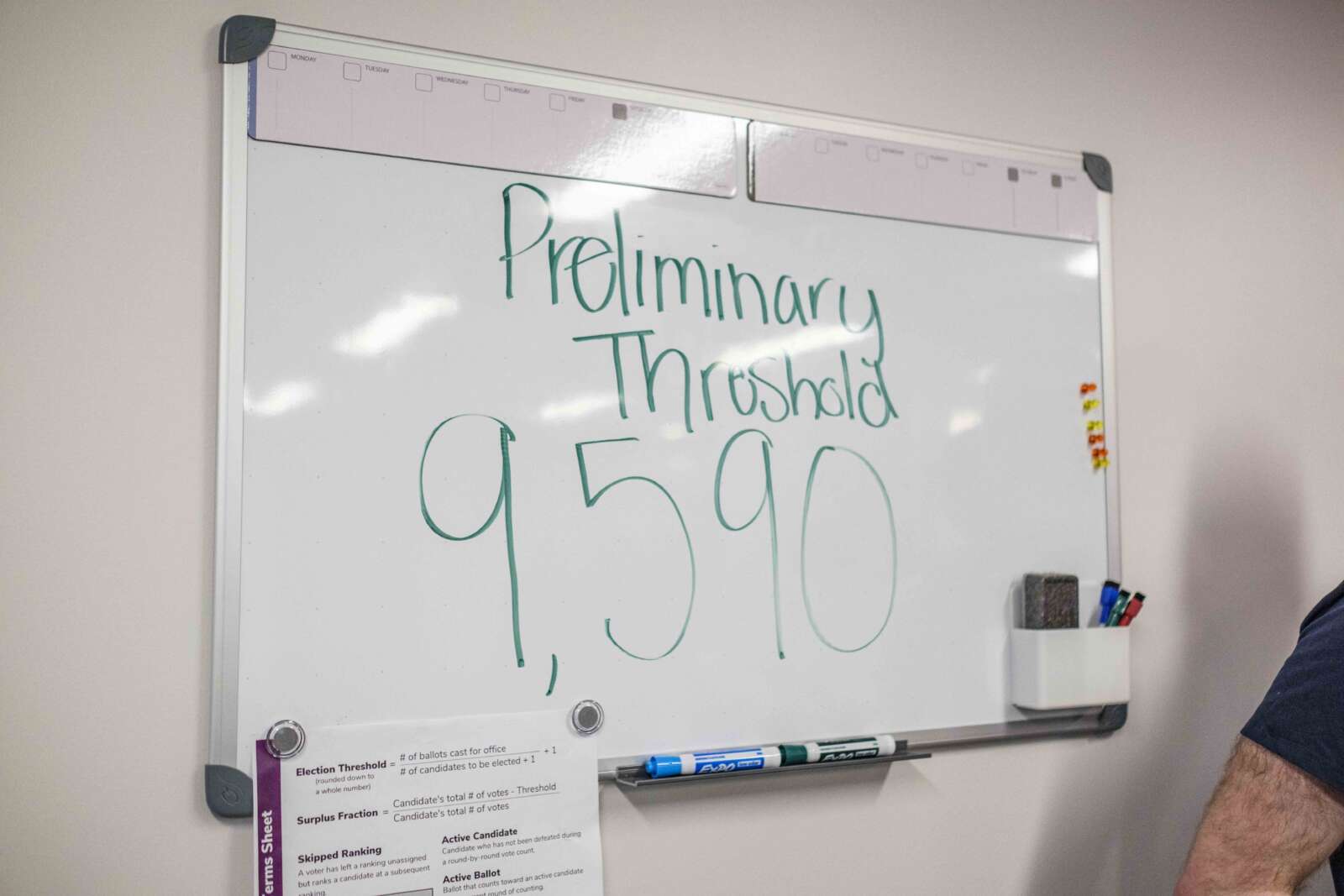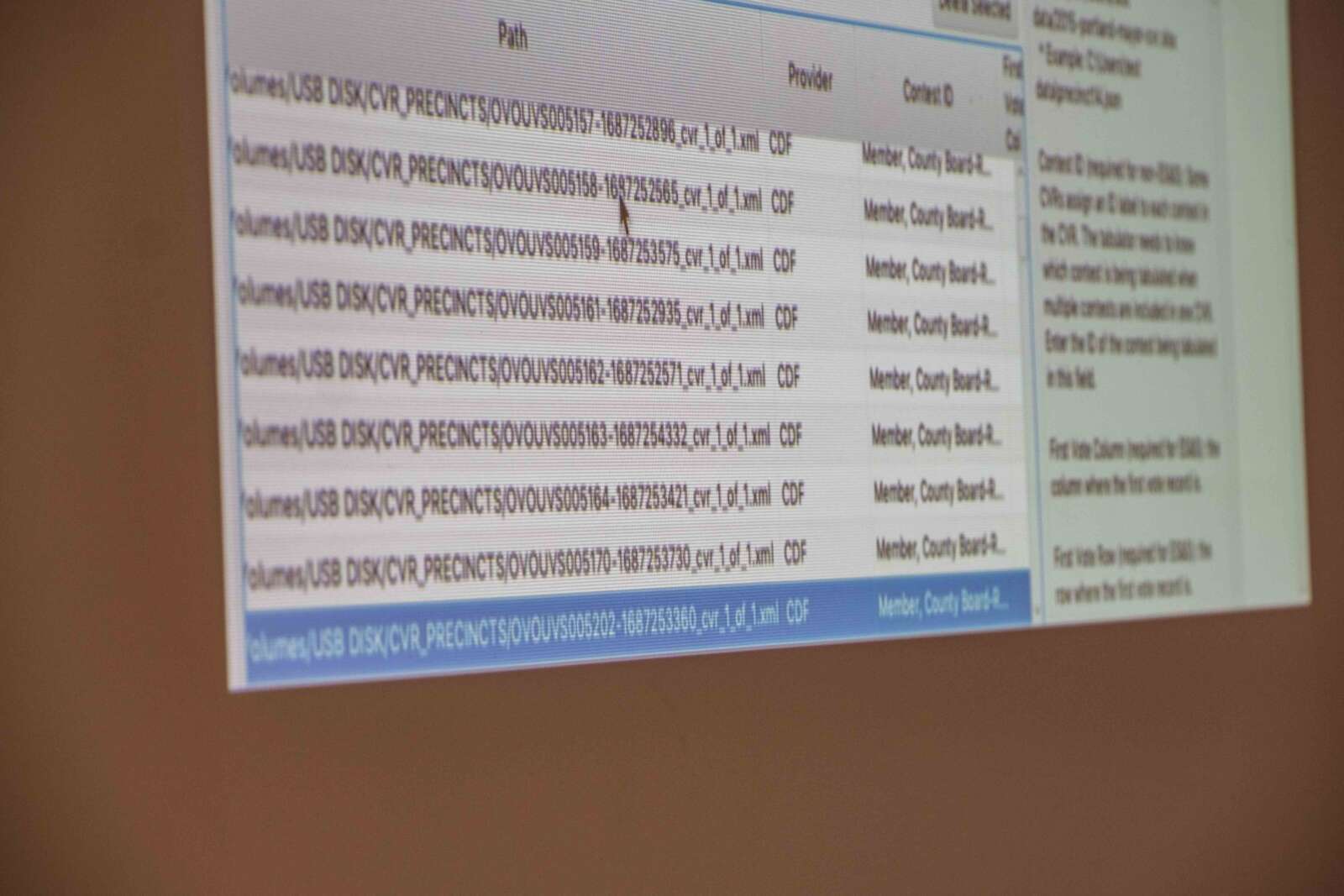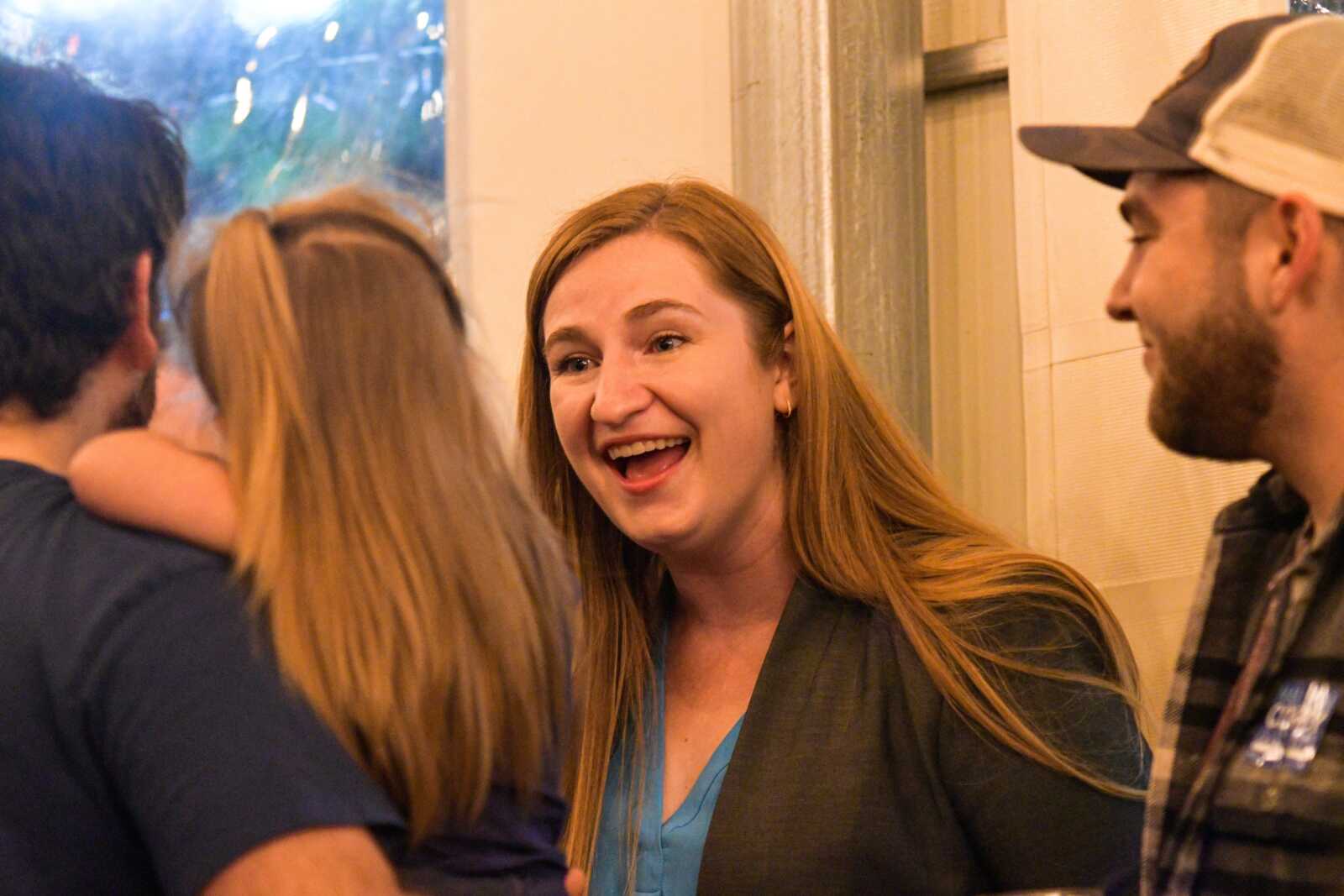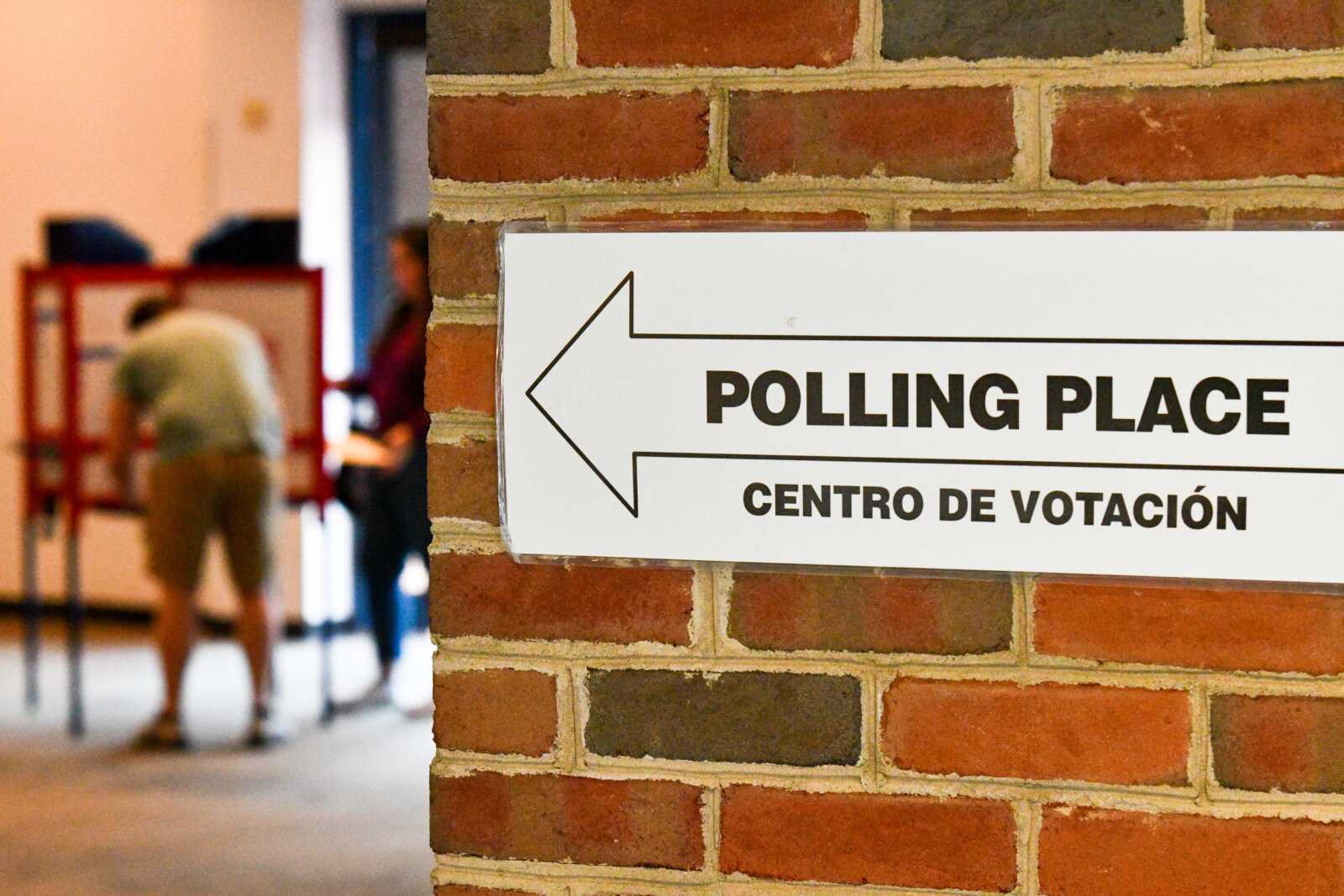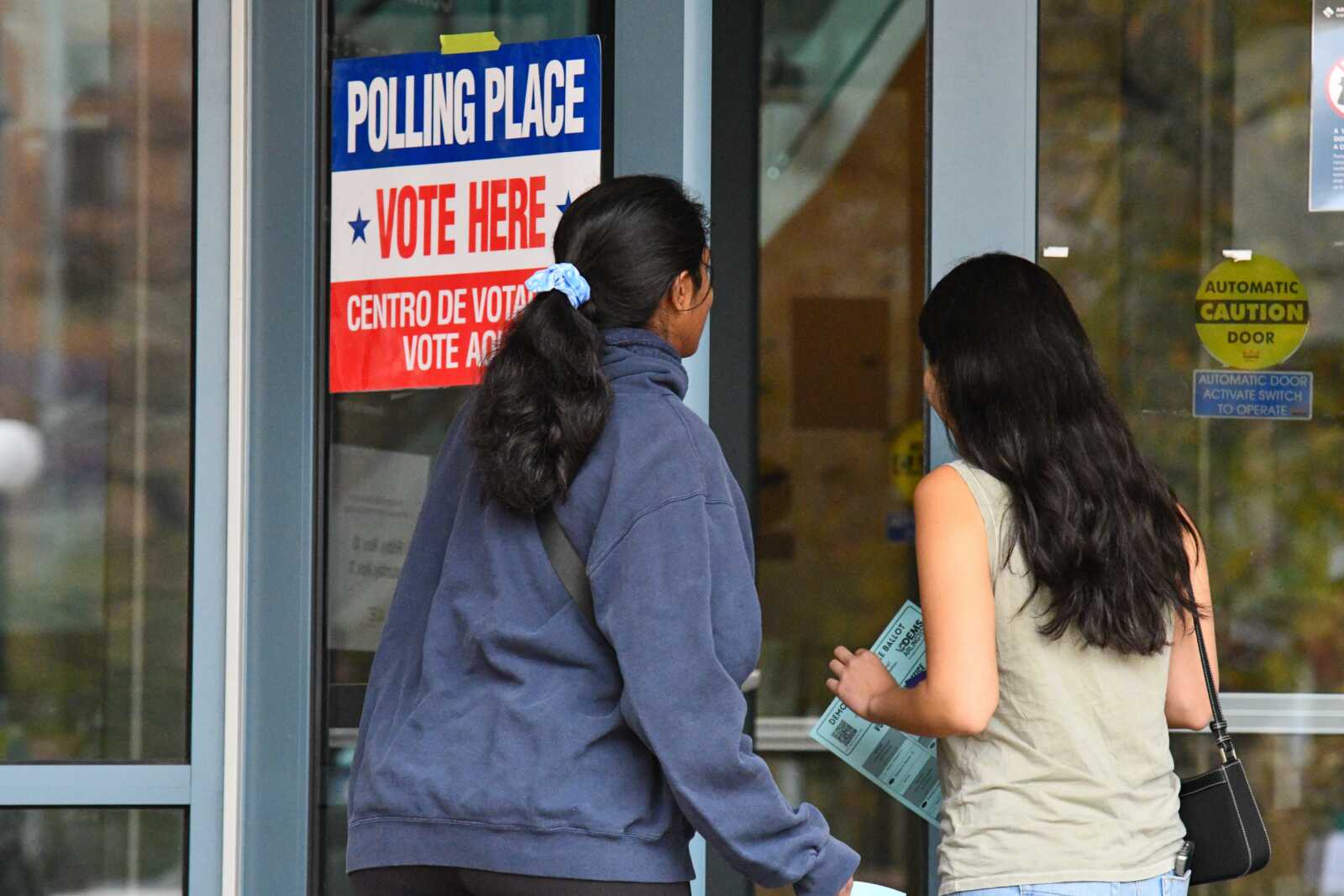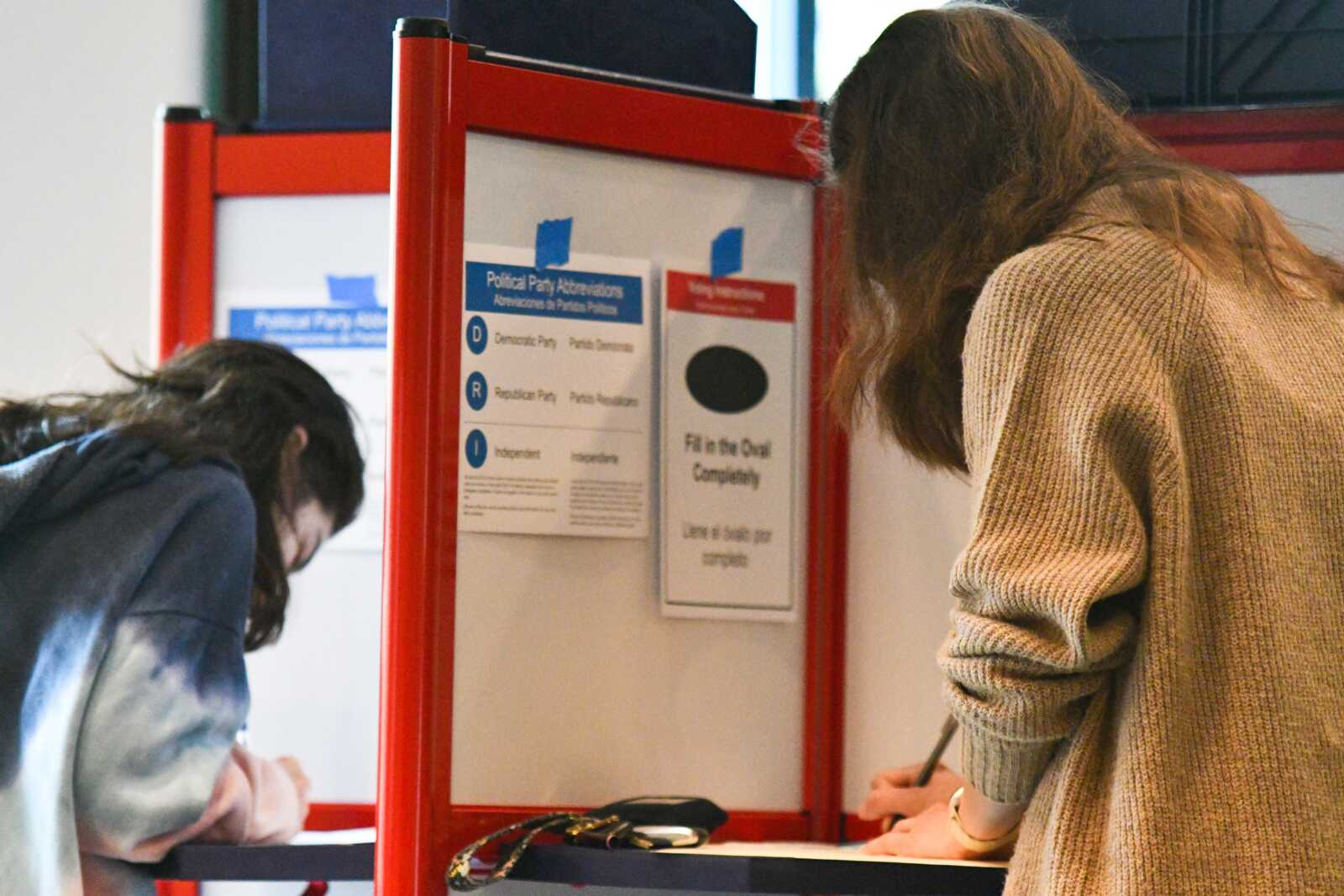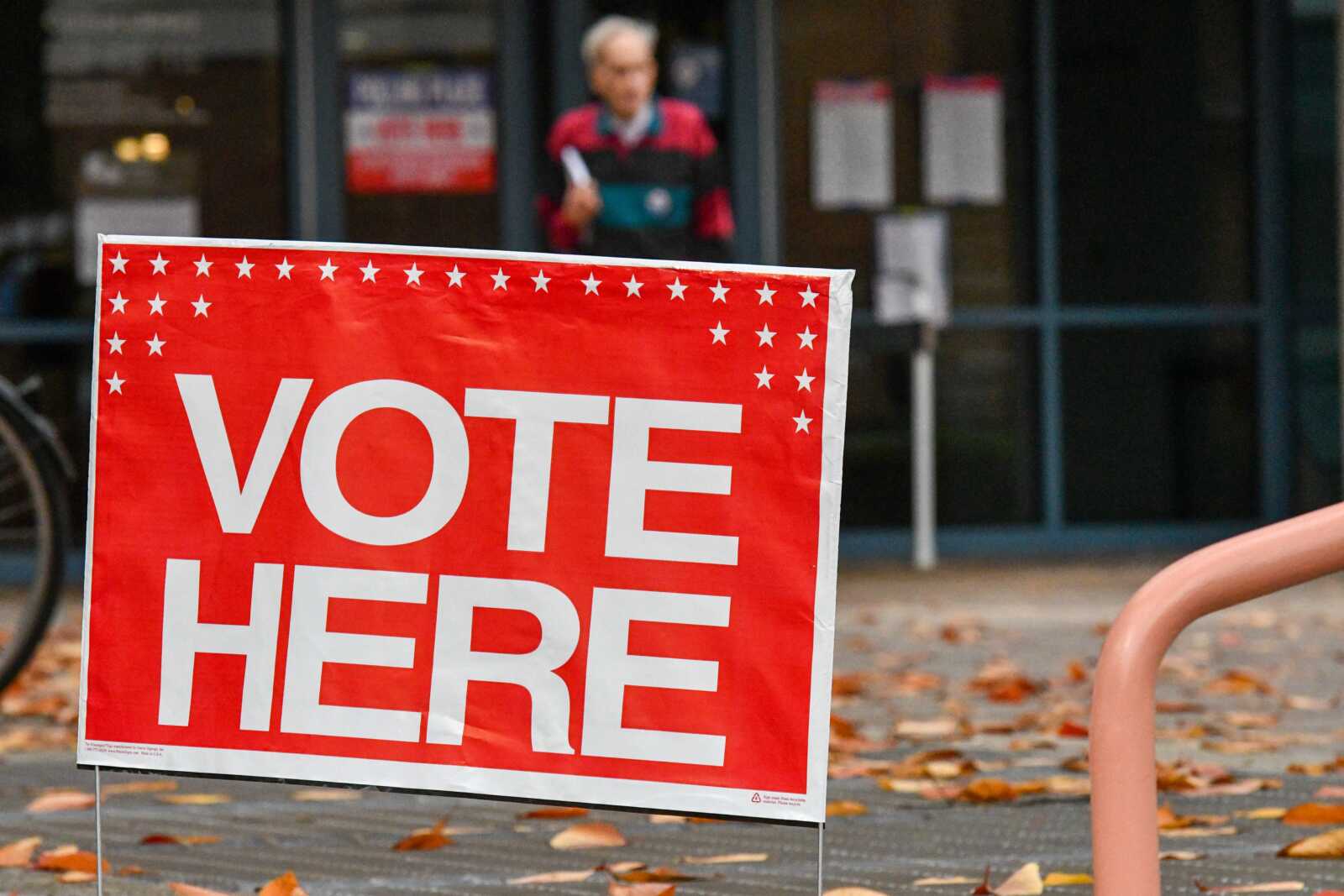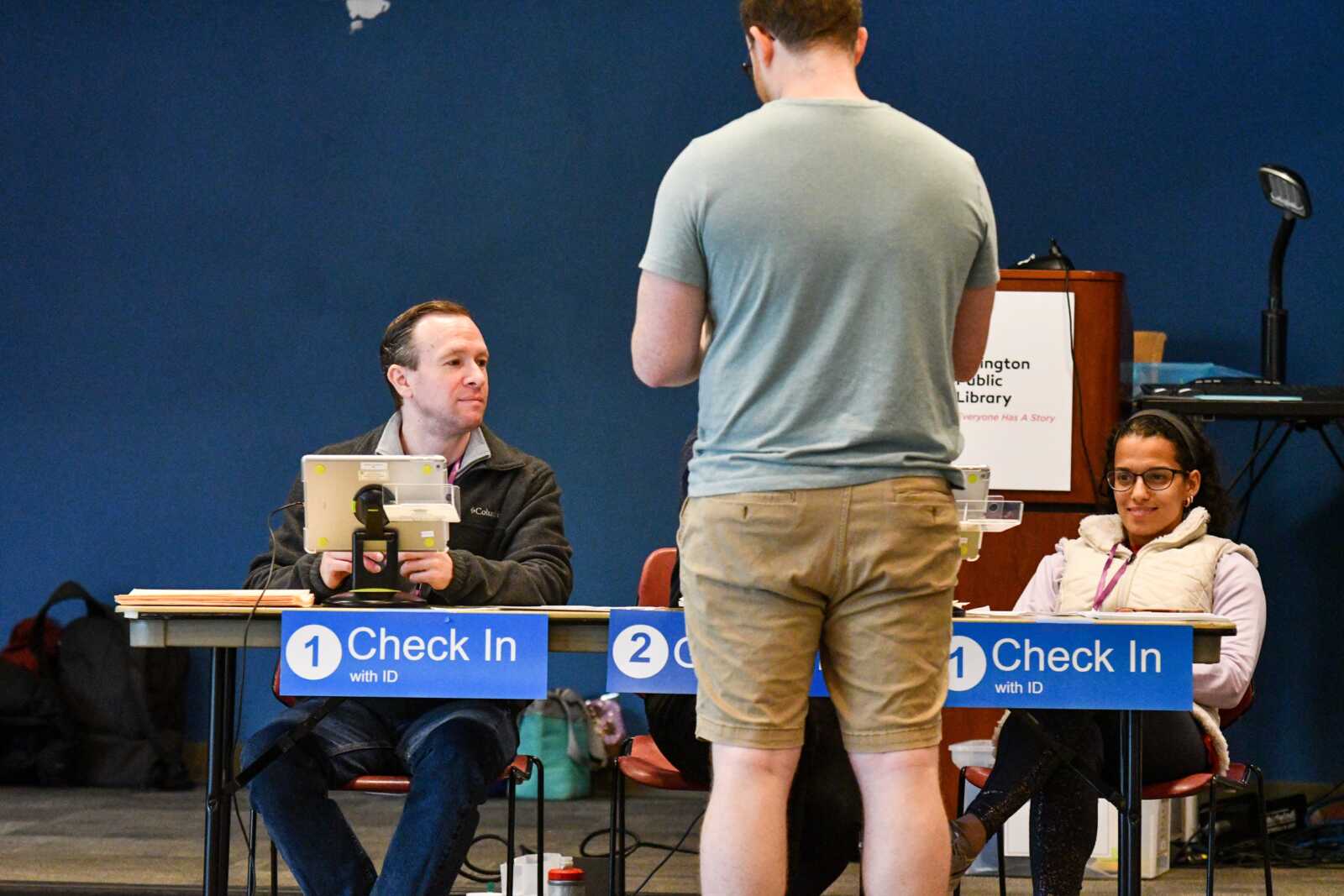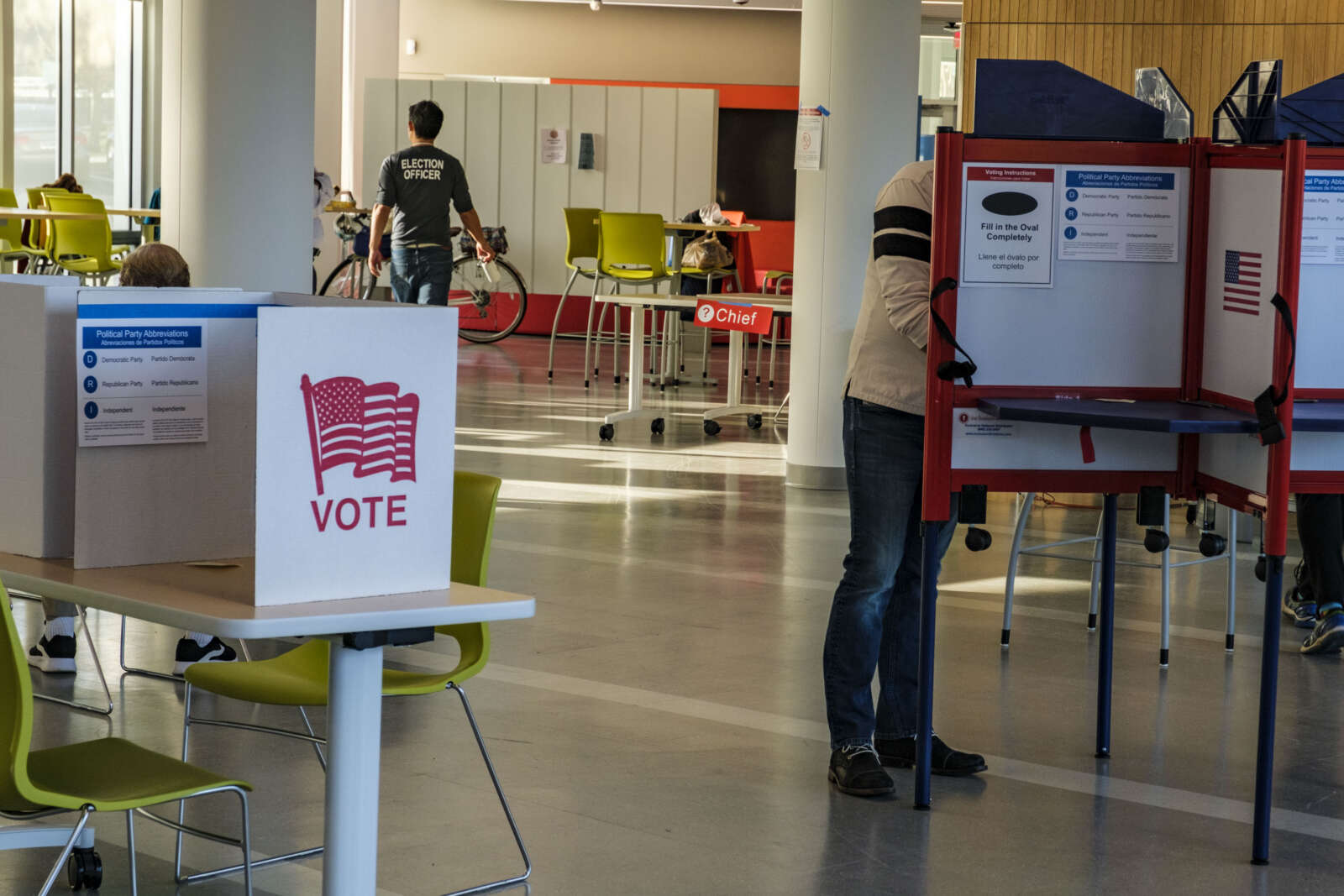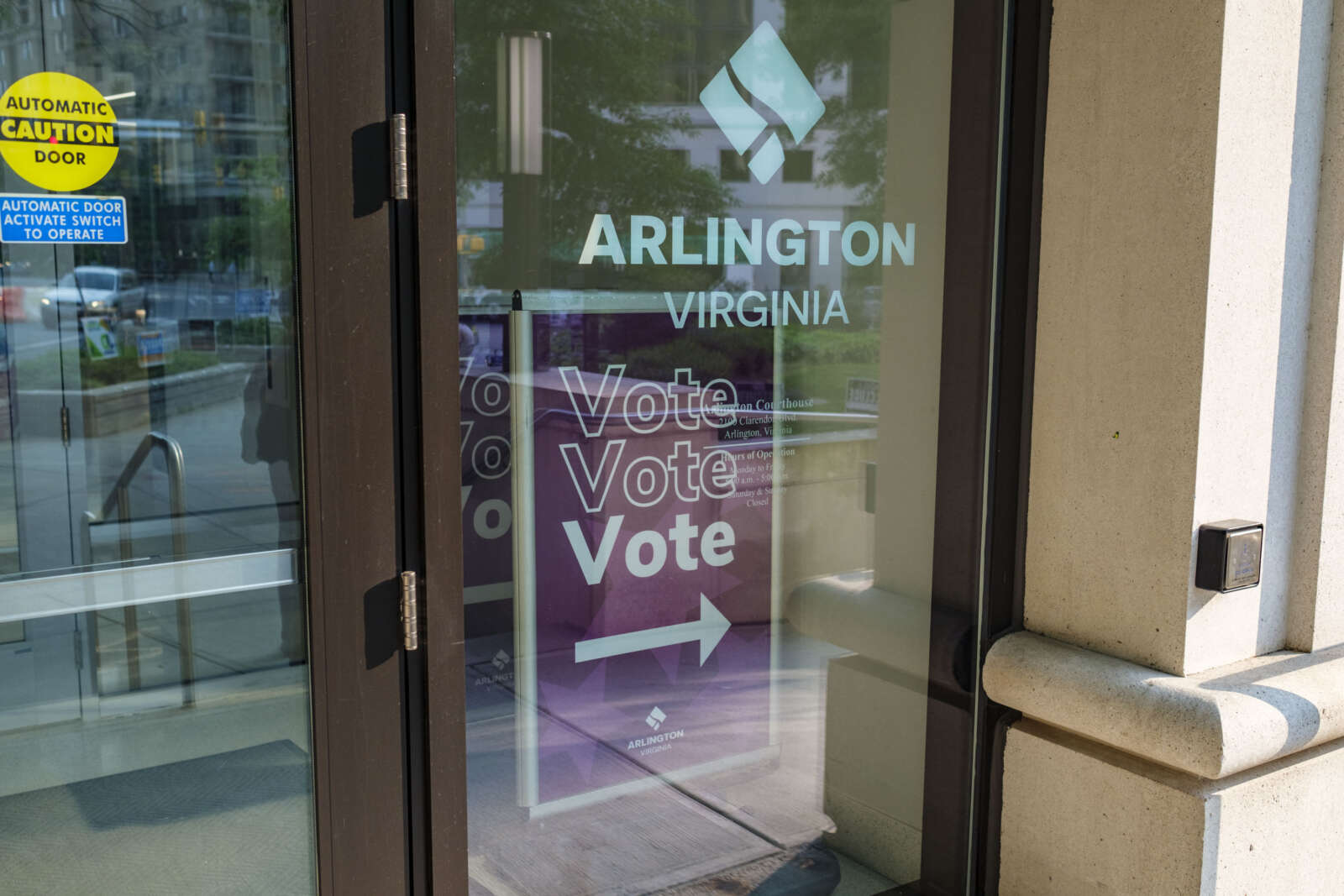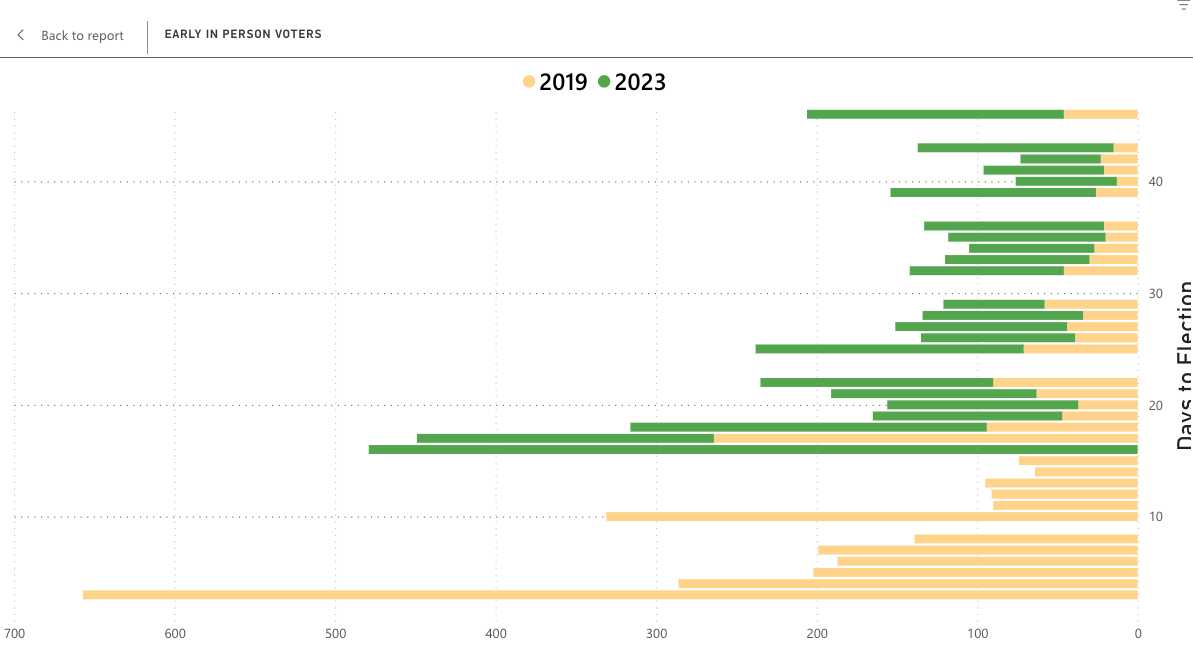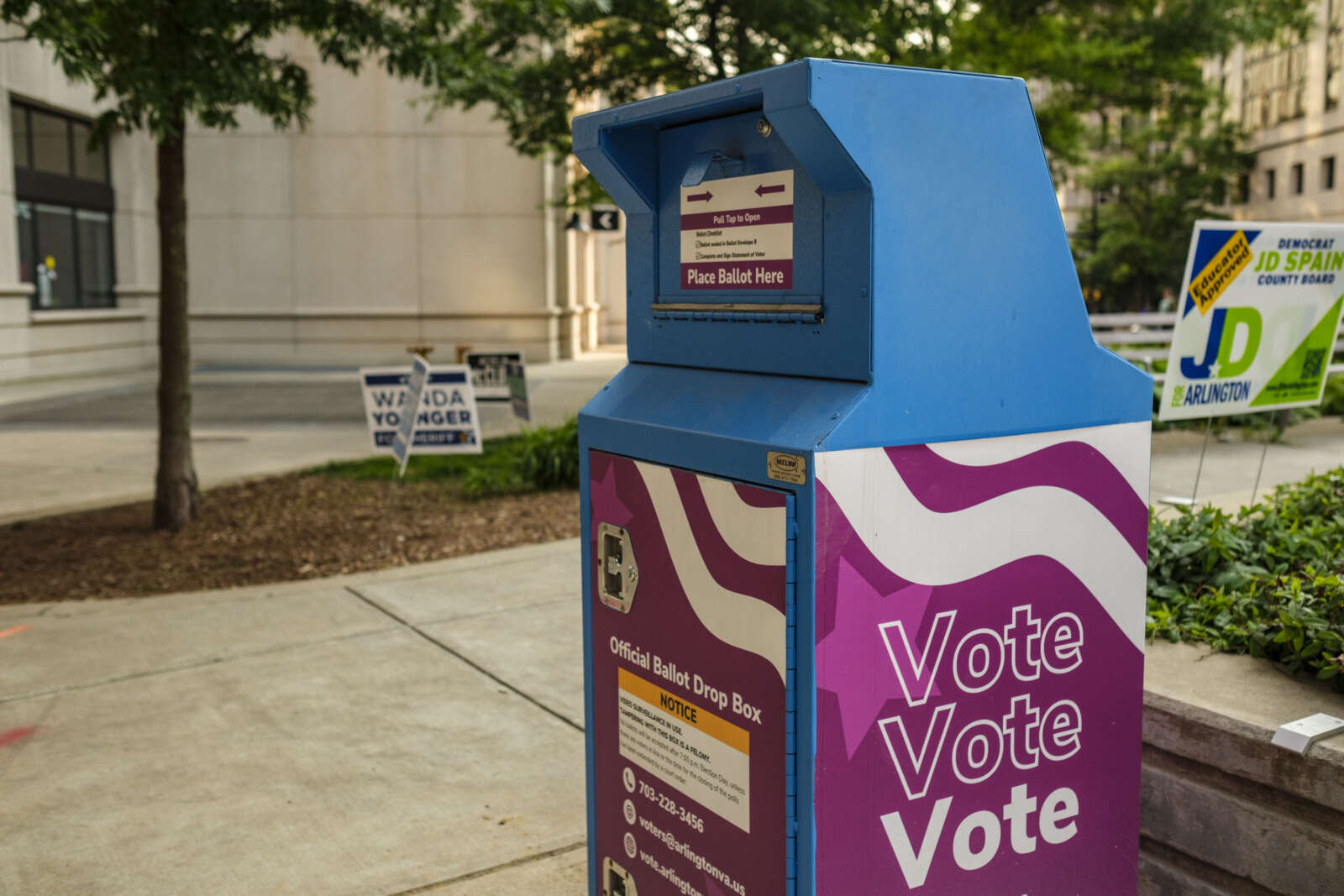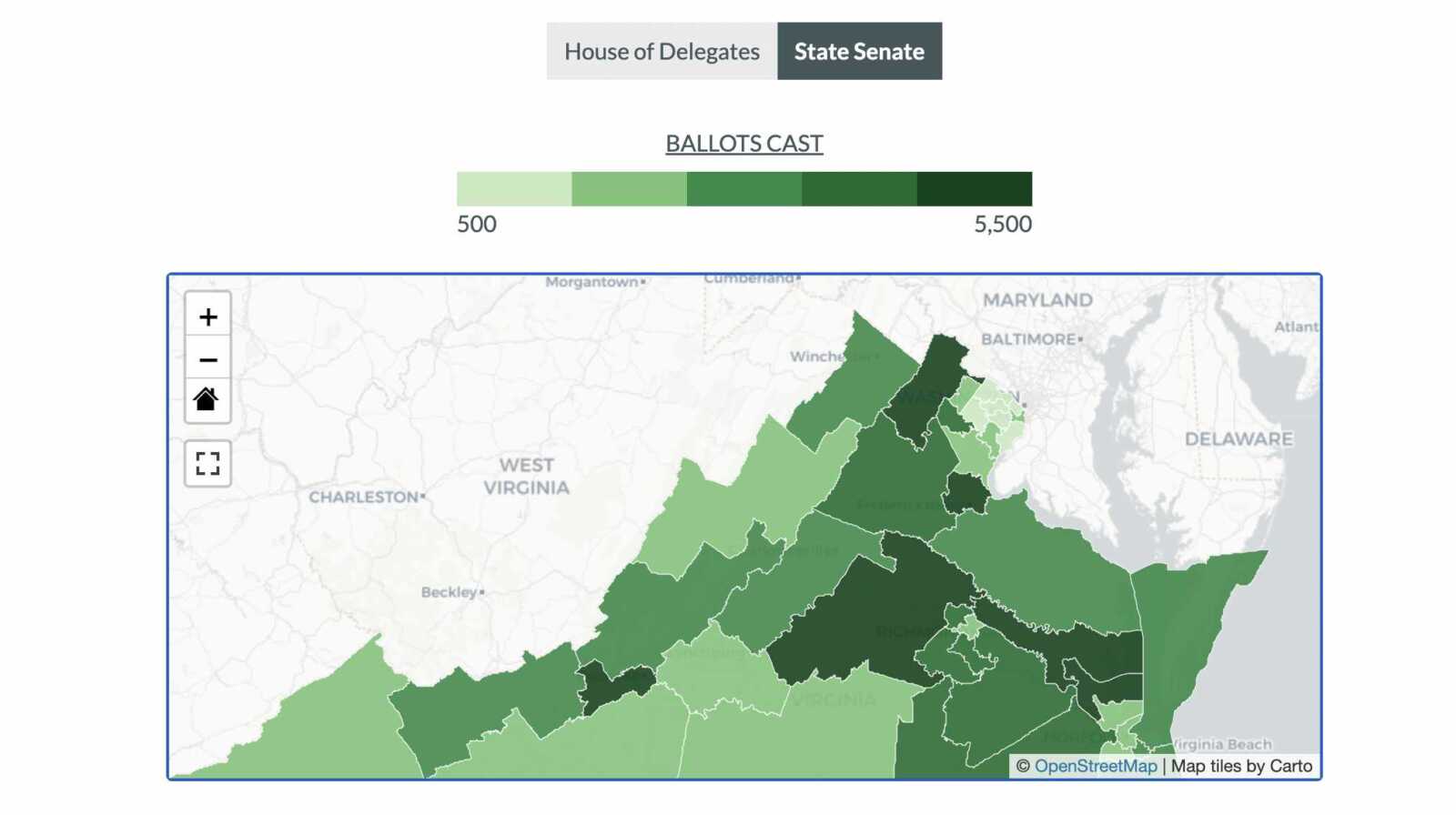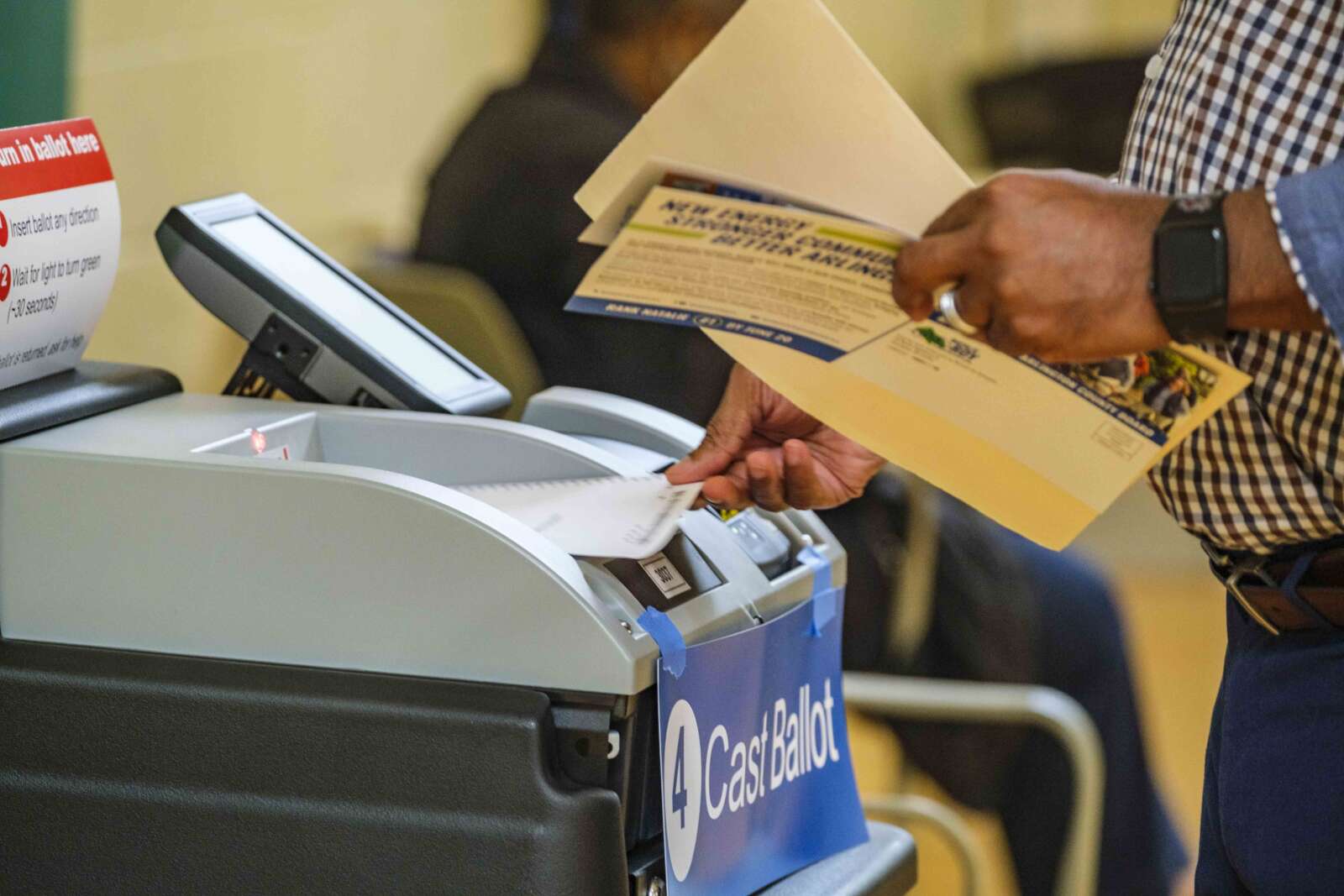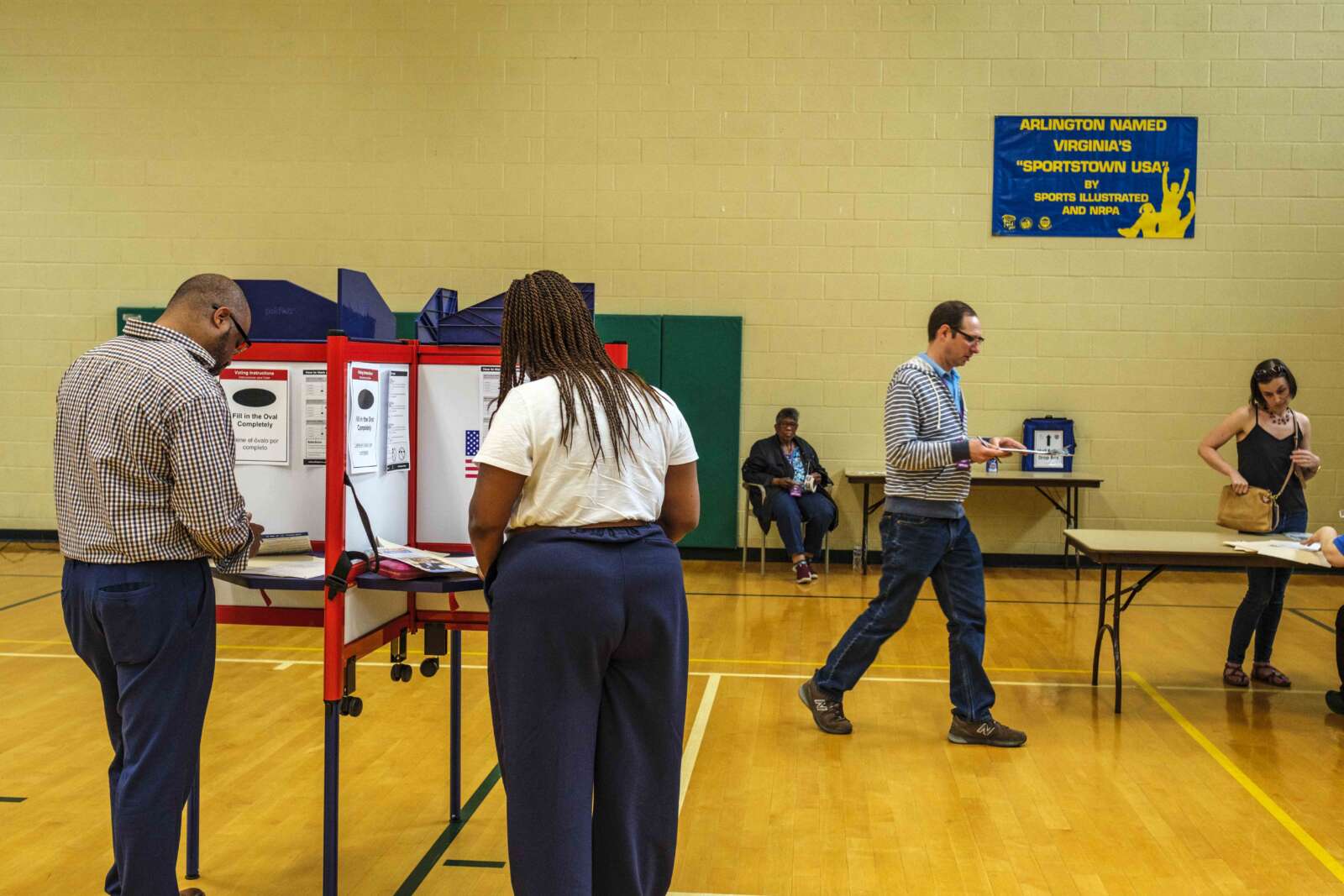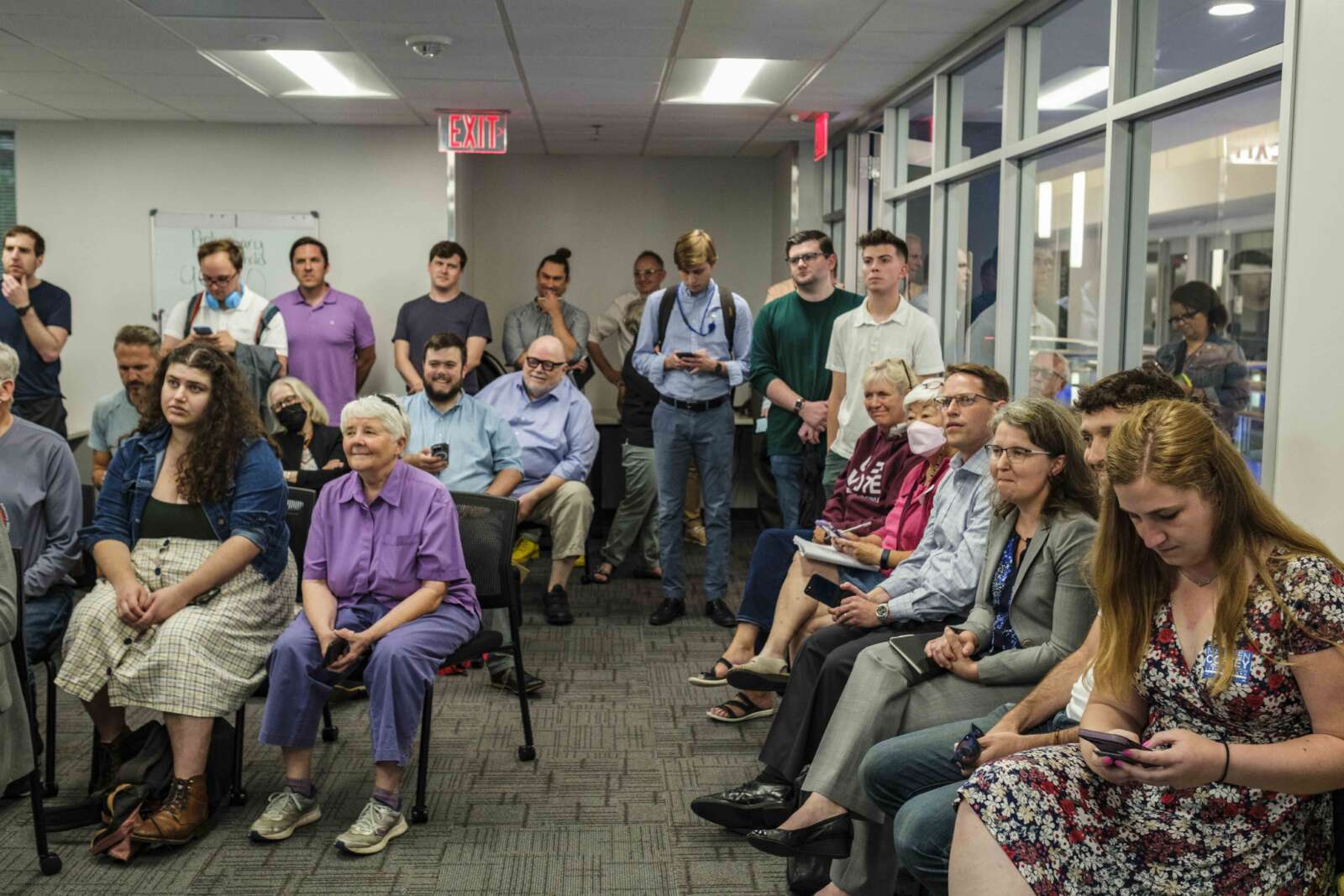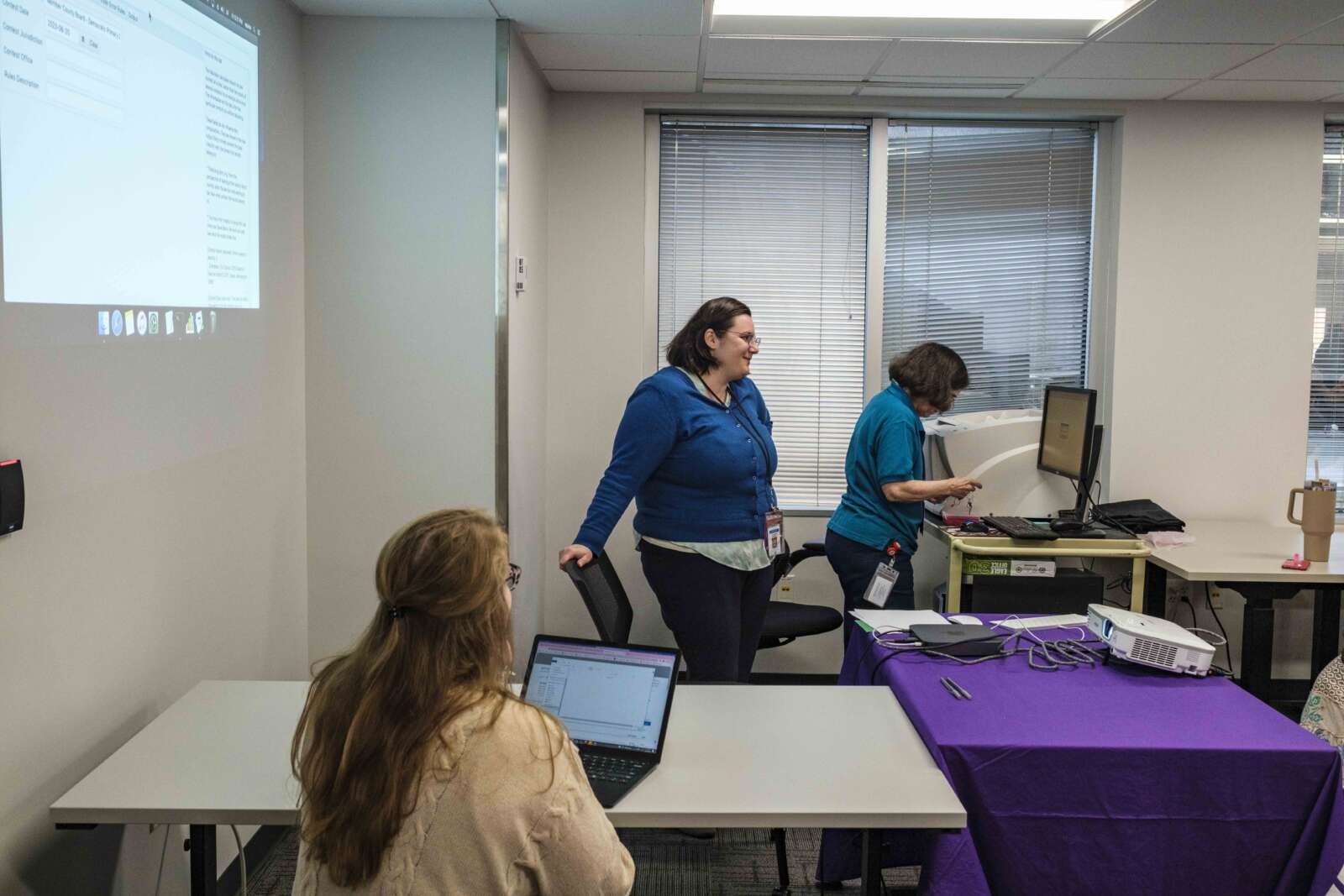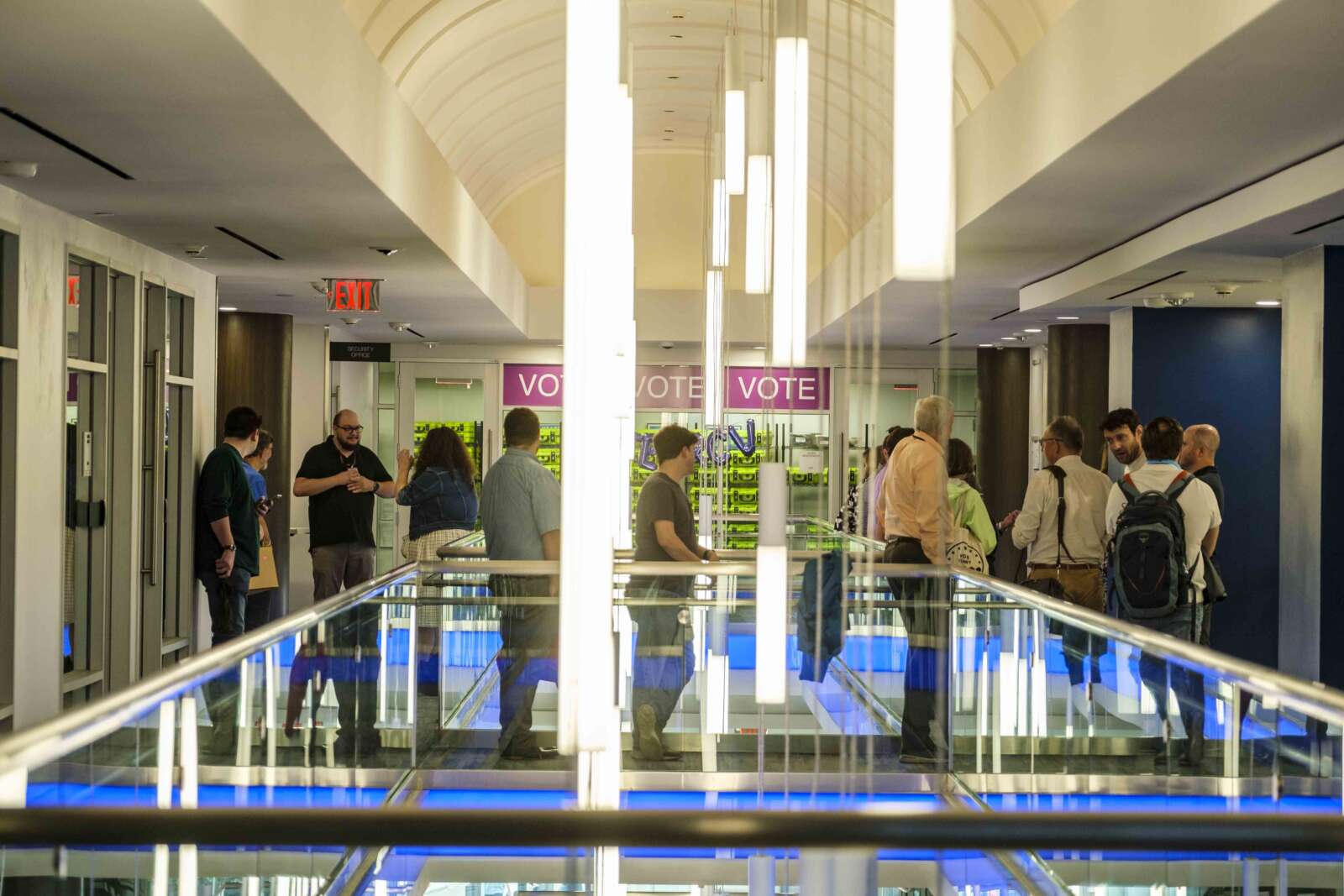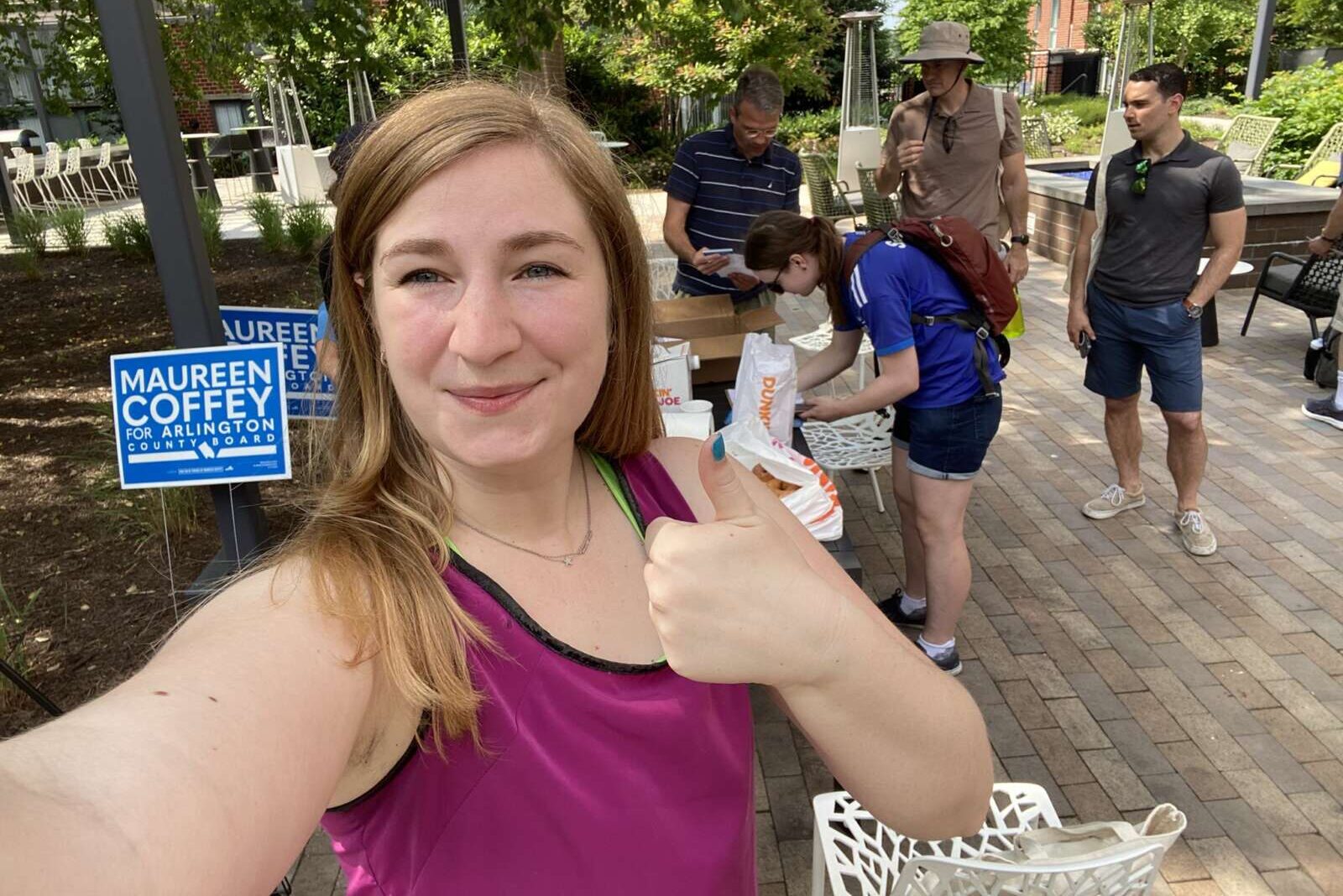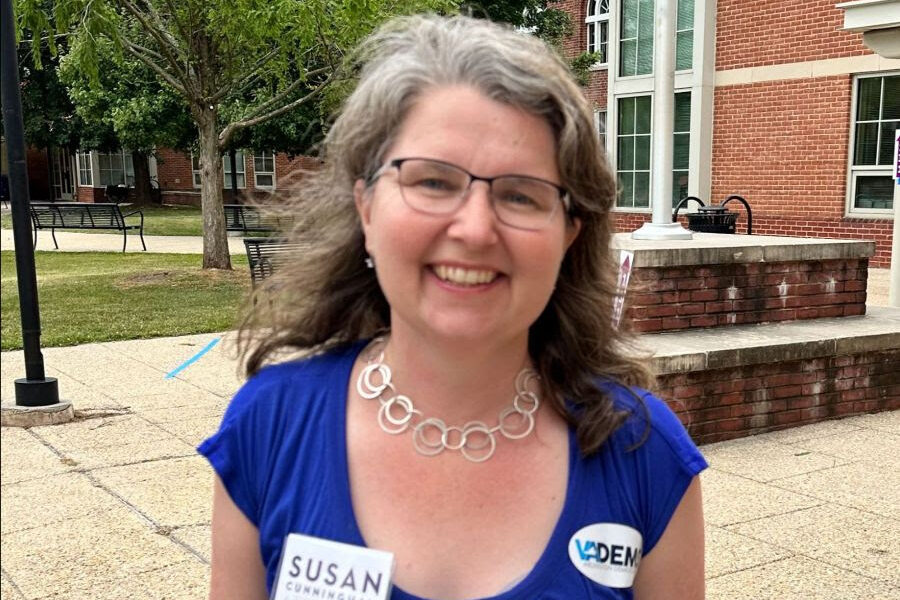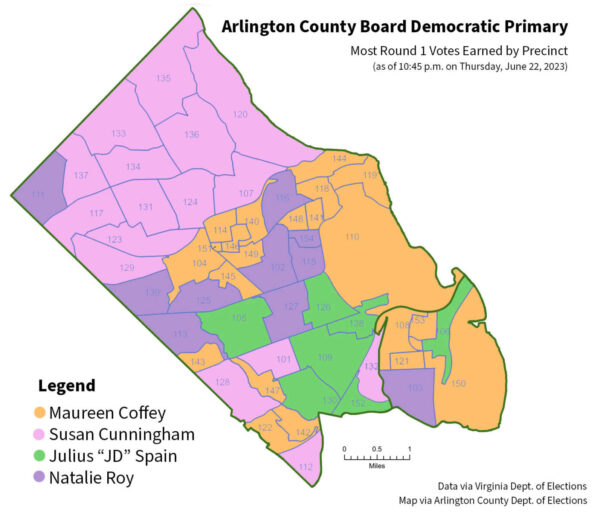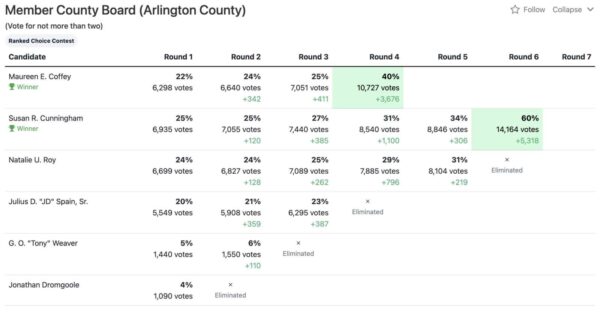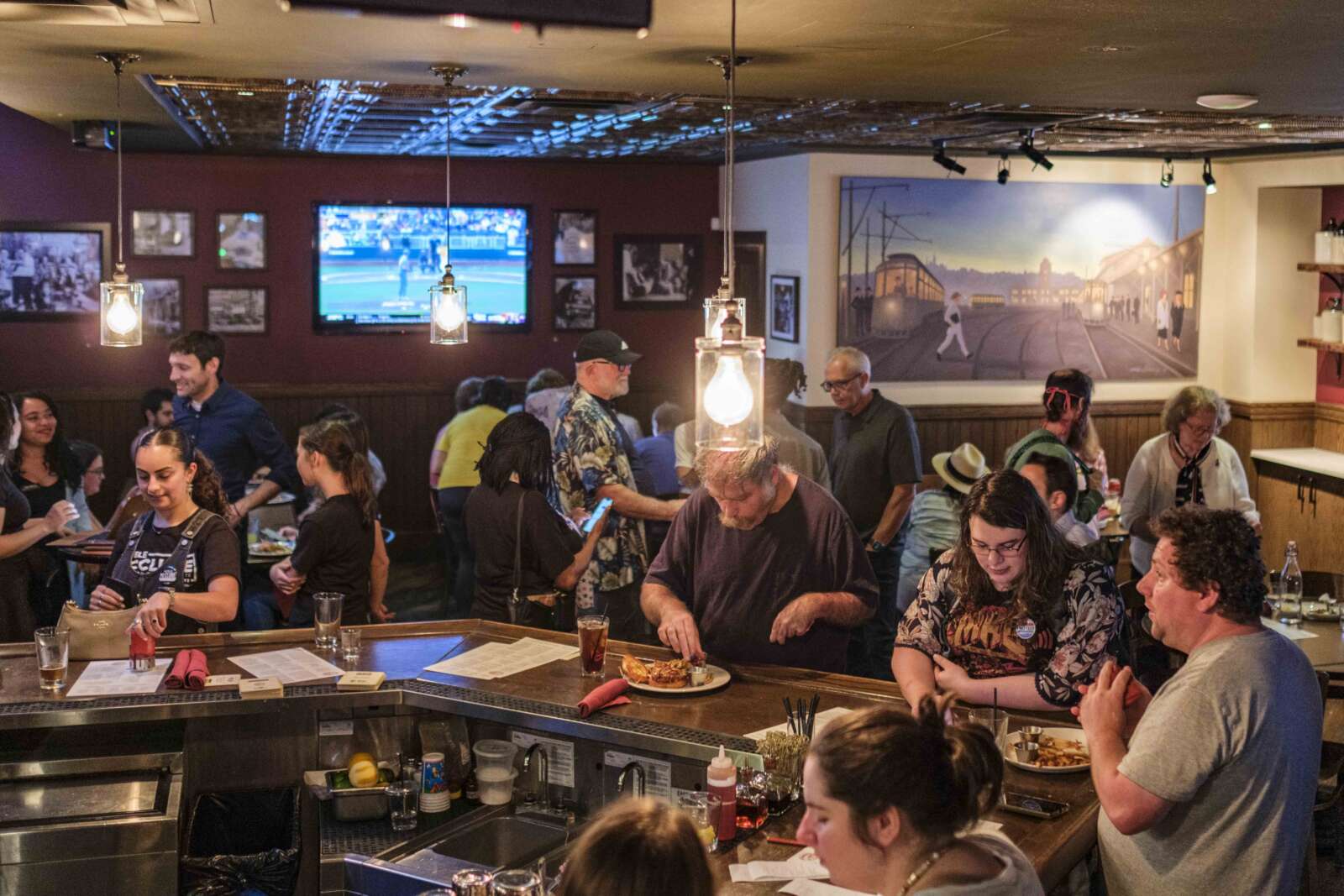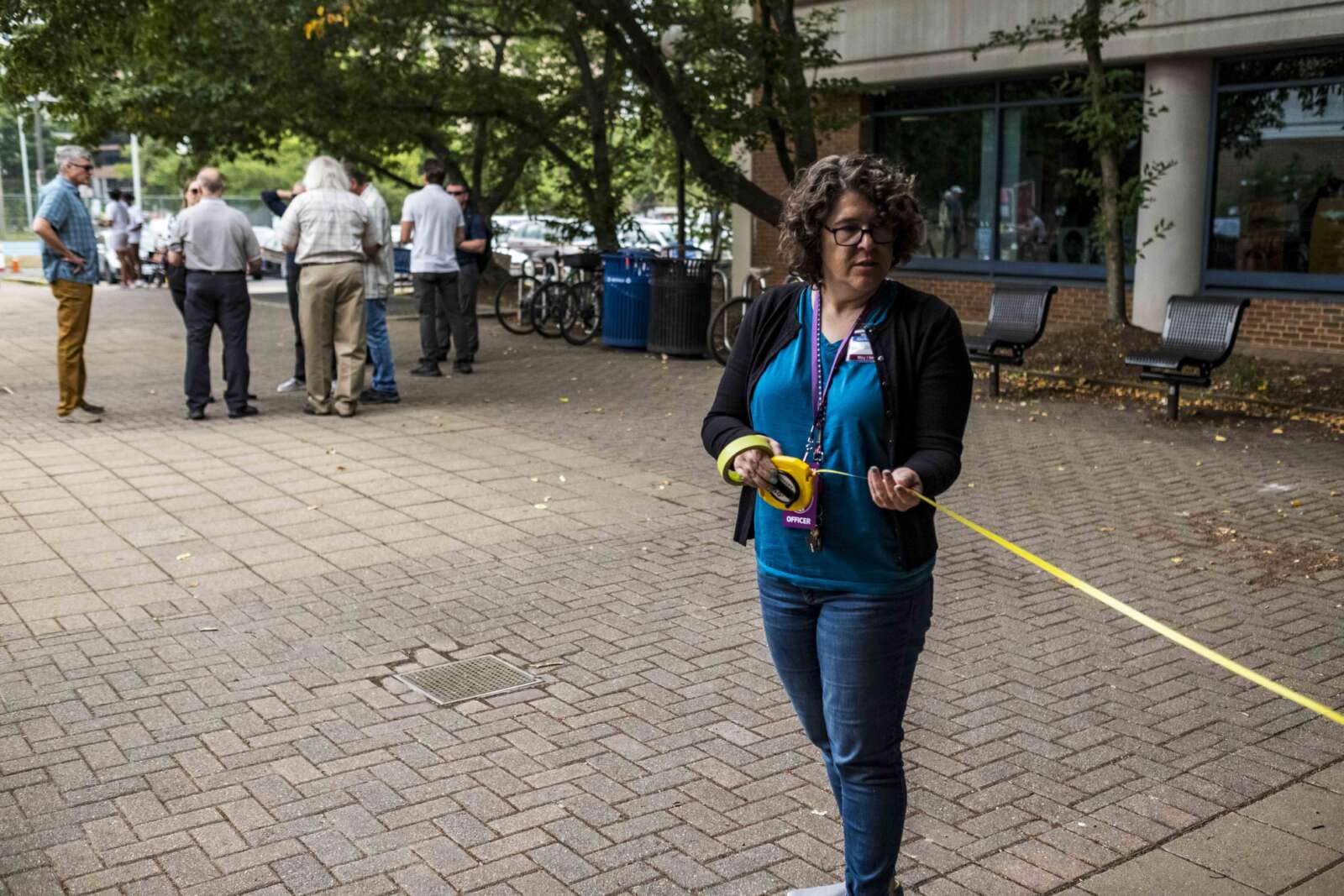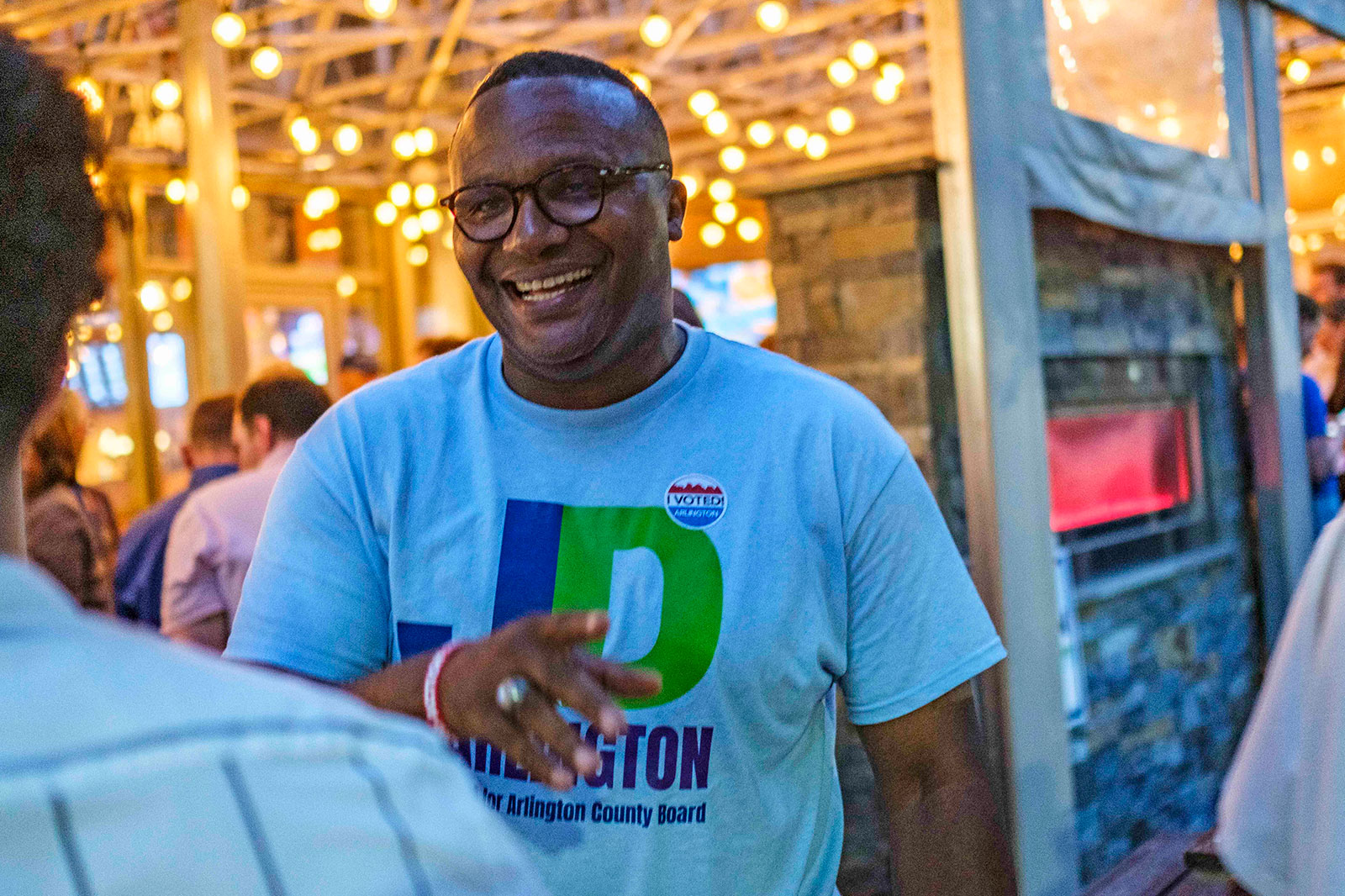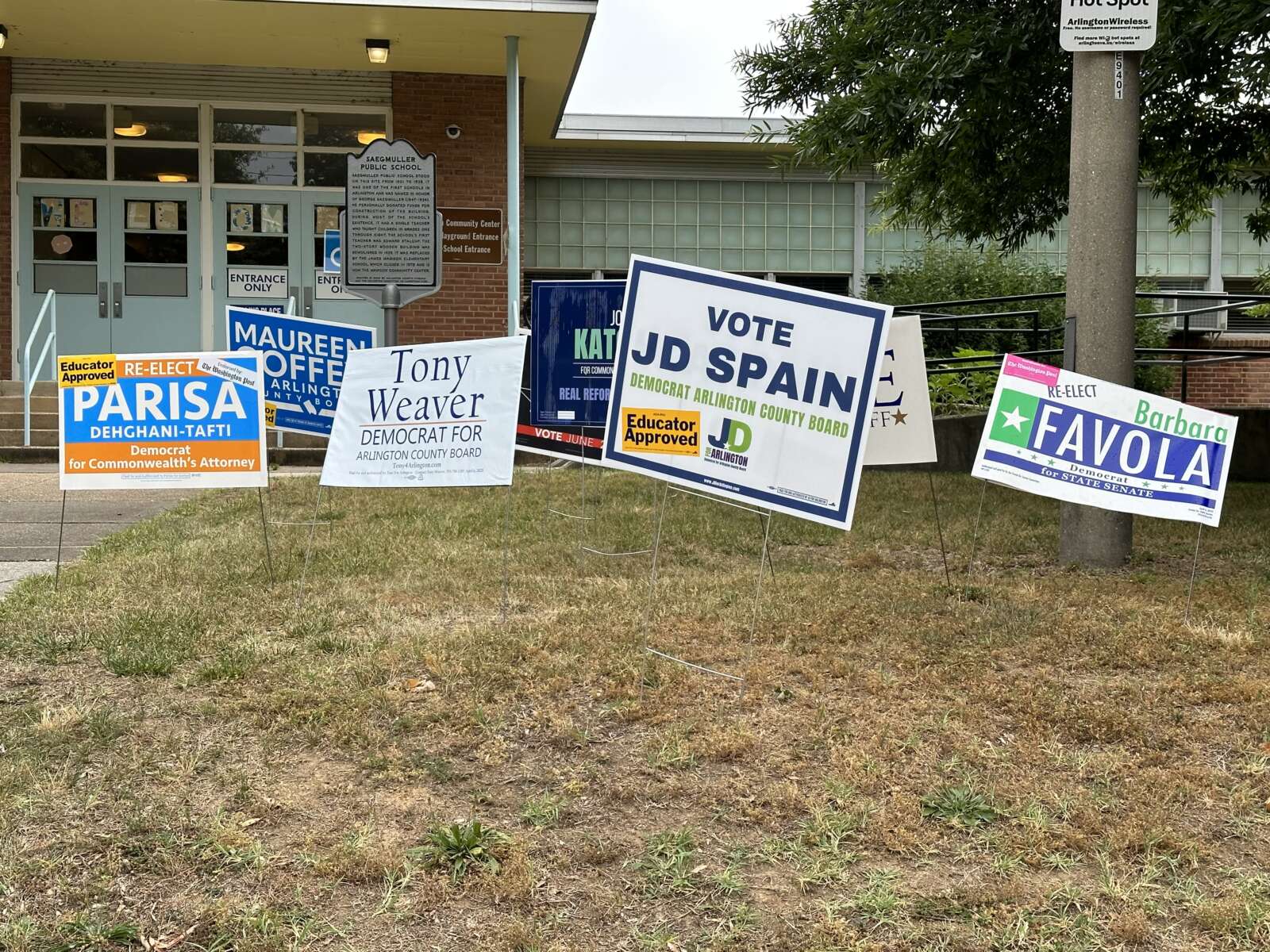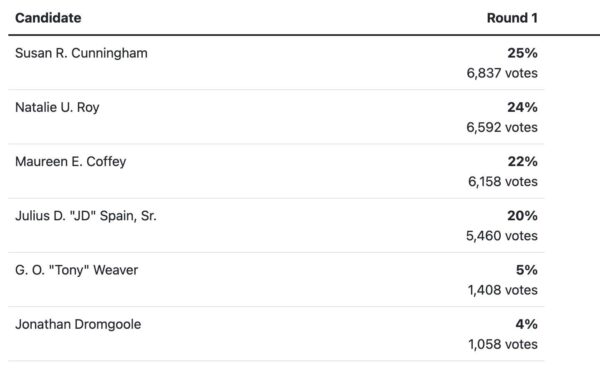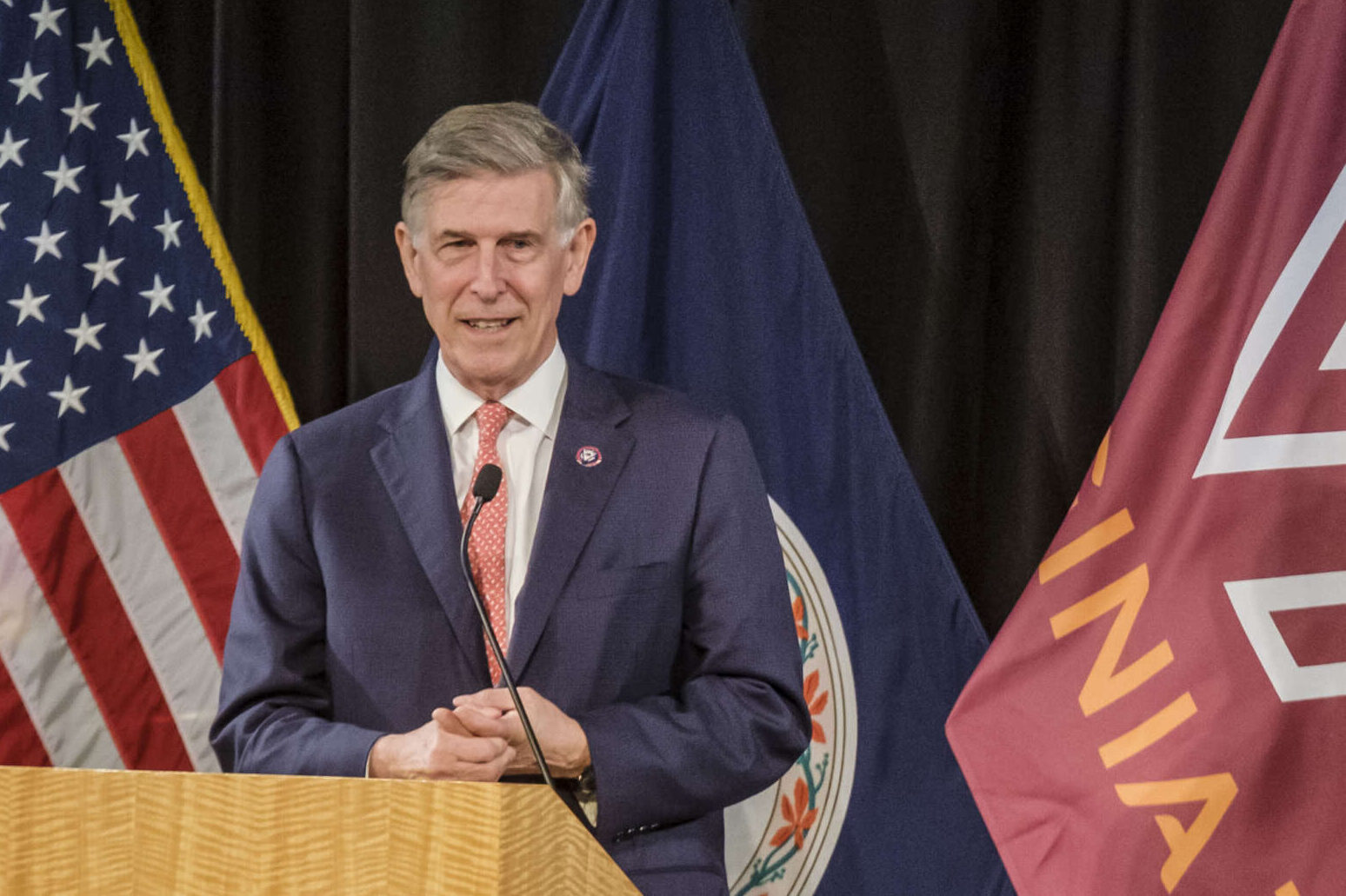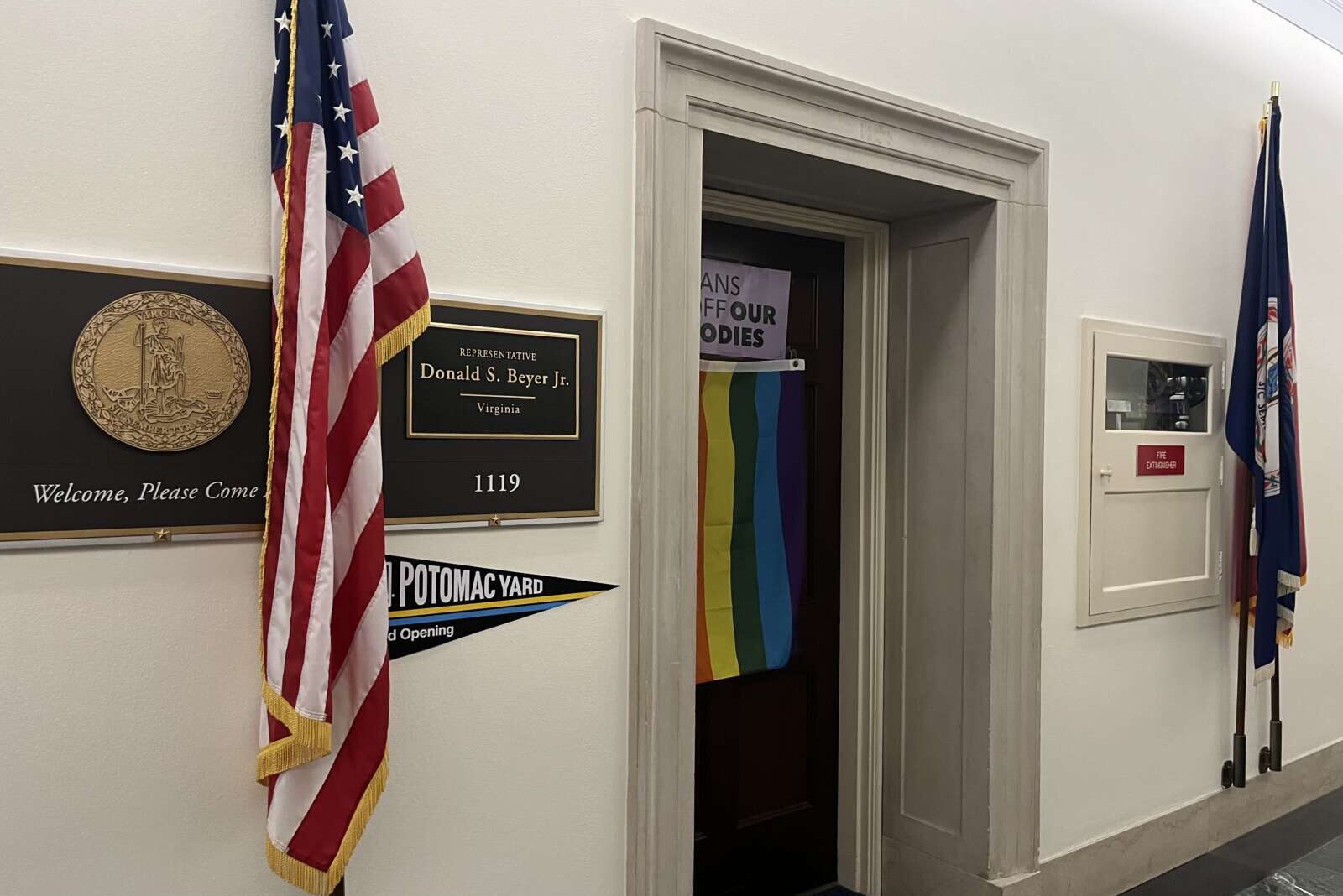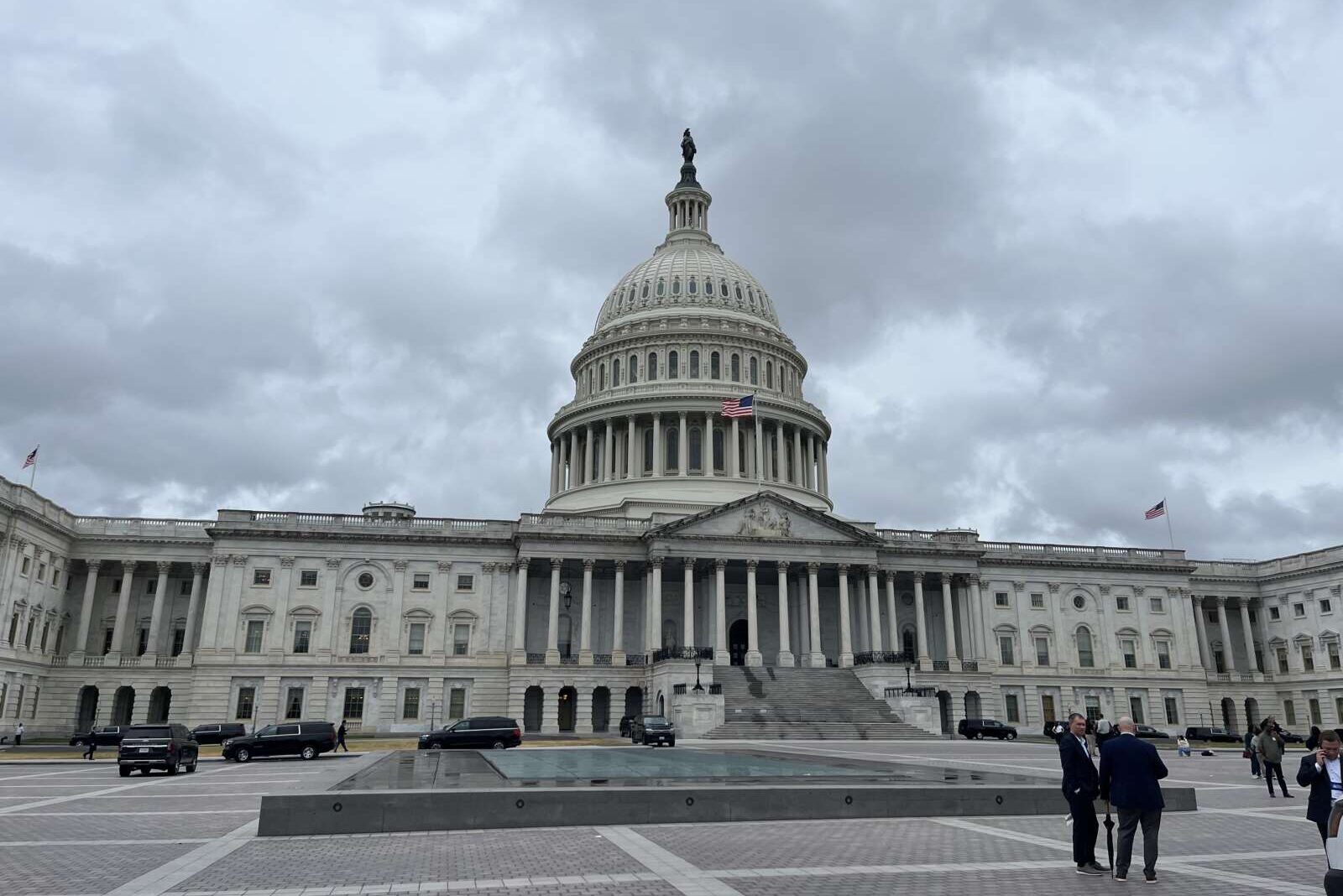Ranked-choice voting could soon become the default for Arlington County Board primaries in Arlington.
This weekend, the County Board is set to approve the voting method, in which residents rank candidates in order of preference. If approved, next year — when one County Board seat is up for grabs — participants in the June primary will fight to secure a 51% threshold to secure a nomination.
Voters got a taste of the voting method during the County Board primary this June, which featured a full slate of candidates jockeying for one of two nominations from Arlington Democrats. The nominees, Susan Cunningham and Maureen Coffey, were the first to secure 34% thresholds after six run-off rounds that eliminated bottom vote-getters.
In an election seen as a referendum on the Missing Middle zoning policies, local elections buffs pointed to the results as proof ranked-choice voting, or RCV, could better reflect a divided electorate, with Cunningham more opposed to it than Coffey, though both had criticism of its roll-out. Both women went on to win their campaigns this November and will be sworn in next month.
Still, County Board members were not totally on board. A month after the primary, after praising Arlington’s Dept. of Elections for how it handled the roll-out, Board members punted on adopting it for the general election. They expressed concerns about how votes are counted when two seats are up and the quality of outreach to voters about the new system, particularly people of color, renters and young people.
The County Board ultimately decided to adopt ranked-choice voting for County Board primaries only. This was an unpopular opinion among the 2,278 people who shared their thoughts on RCV with the county.
Only 7% said it should be reserved for primaries, compared to 47% who said it should be implemented in every election and 32% who said no elections should use the method.
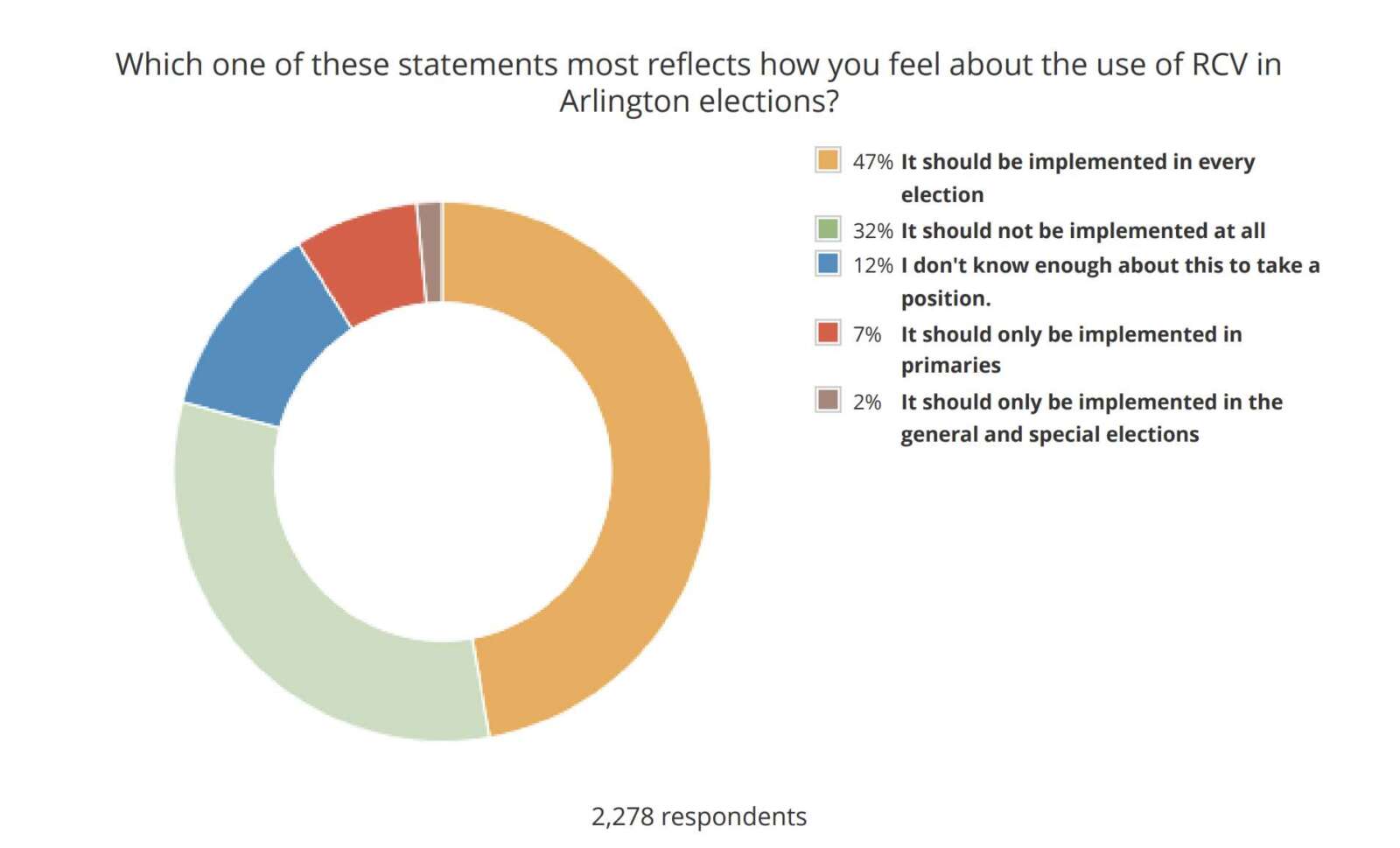
Overall, most county survey respondents — about 70% — said their experience with RCV was either “positive,” “exceptional” or “fair,” while 29% said it was “negative.” About 75% reported having heard about it and being familiar with how it worked, and those who did report familiarity overwhelmingly said they learned about it through the news.
(An unscientific ARLnow poll found that 75% of readers reported not being confused by RCV.)
Making the change will cost $2 million, as the county intends to buy new ballot machines that allow voters to rank more than the three choices they can rank today. The current machines will be used in the the June 2024 County Board primary but will be switched out in the 2025 fiscal year.
Should the County Board decide to use ranked-choice voting for a general election, it must formally adopt its use at least 90 days before the election.


